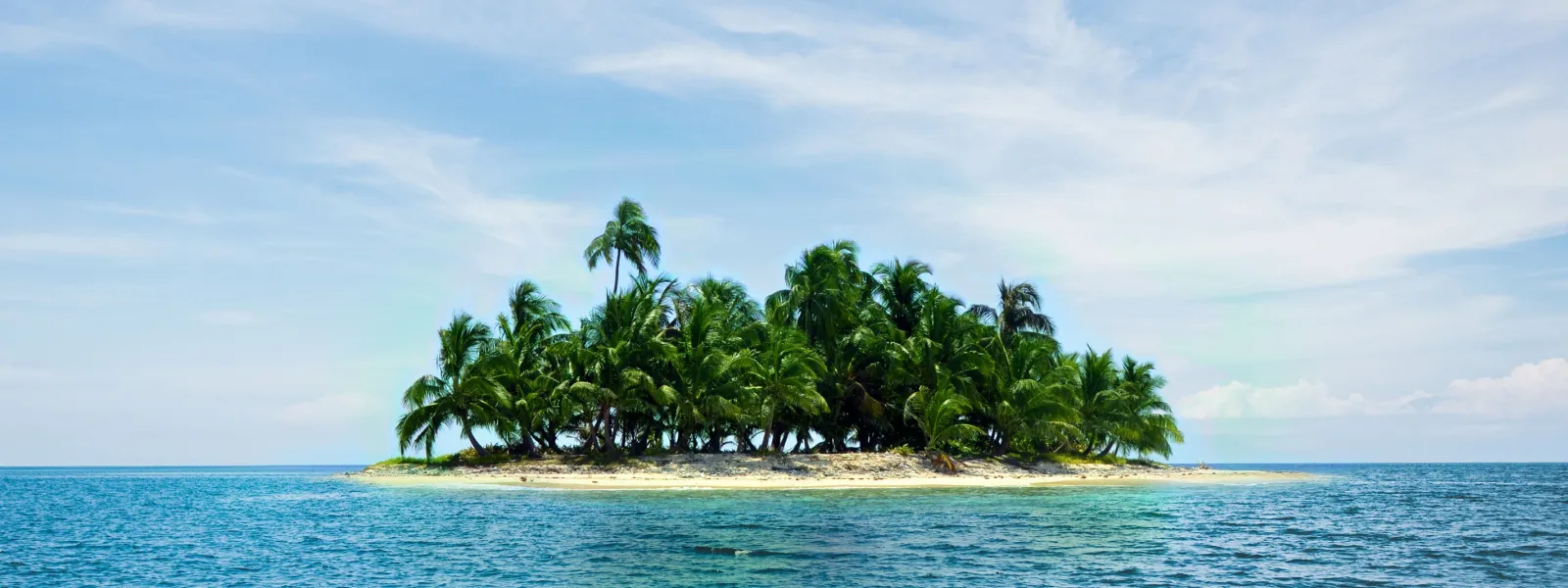
Inter-American Court establishes historic precedent for the protection of human rights in the Americas
In response to a consultation made by Colombia, the Court recognized the right to a healthy environment as fundamental to human existence. They also recognized the impact of climate change on human rights. At AIDA we celebrate this decision, which strengthens the obligations of States to protect the natural environment and those who depend on it.
The Inter-American Court of Human Rights established a historic precedent for the protection of the people of the Americas in its response (Advisory Opinion) to Colombia’s consultation on the scope of States’ obligations to protect human rights from damages to the marine environment in the Greater Caribbean region.
“We celebrate this decision, which will undoubtedly serve as a global example and a fundamental legal tool for those of us who work for environmental and climate justice,” said Astrid Puentes Riaño, co-executive director of AIDA. “It will also serve as an impetus for the States of the region to protect key ecosystems, such as the Guarani Aquifer, the Andes, the Amazon, the Pacific and the Greater Caribbean region.”
The Court concluded that a healthy environment is an autonomous right, “fundamental to the existence of humanity,” in the first time they have developed the subject. It also recognized the impact of climate change on the effective enjoyment of human rights, particularly for the most vulnerable populations, such as indigenous peoples, children, and those living in extreme poverty. With this decision, taken in November and made public yesterday, the Court welcomed and enhanced similar recognition by organisms of the United Nations and regional courts.
The Court established that the obligation of States to respect the rights to life and personal integrity, in relation to environmental protection, implies that they must:
- Avoid causing “significant” environmental damage in and outside their territory, for which they must regulate, supervise and monitor activities that could cause harm.
- Assure, among other things, the realization of effective and independent environmental impact studies, as well as mitigation and contingency plans for potential damages.
- Cooperate with other States and provide them with information regarding risks to their natural environment.
- Apply the precautionary principle to protect the rights to life and personal integrity due to serious and irrevocable environmental degradation, even when scientific uncertainty exists.
- Guarantee the rights to public participation, access to information related to potential environmental harms, and access to justice in decision-making that could affect the environment.
In January of 2017, AIDA presented observations on Colombia’s consultation and, in March of that year, participated in a hearing before the Inter-American Court. We argued that the implementation of large infrastructure projects in the Greater Caribbean and other areas could affect the environment to such a point that they could put at risk the life and personal integrity, among other human rights, of the people living there.
“The Court has taken an important step towards the protection of the oceans and other key ecosystems by incorporating international commitments to environmental protection as part of the obligation of States to protect human rights,” said Gladys Martínez, senior attorney of AIDA’s Marine Program.
Consult and download a summary of the Court decision here.
Press contact:
Victor Quintanilla,+521 5570522107, [email protected]
